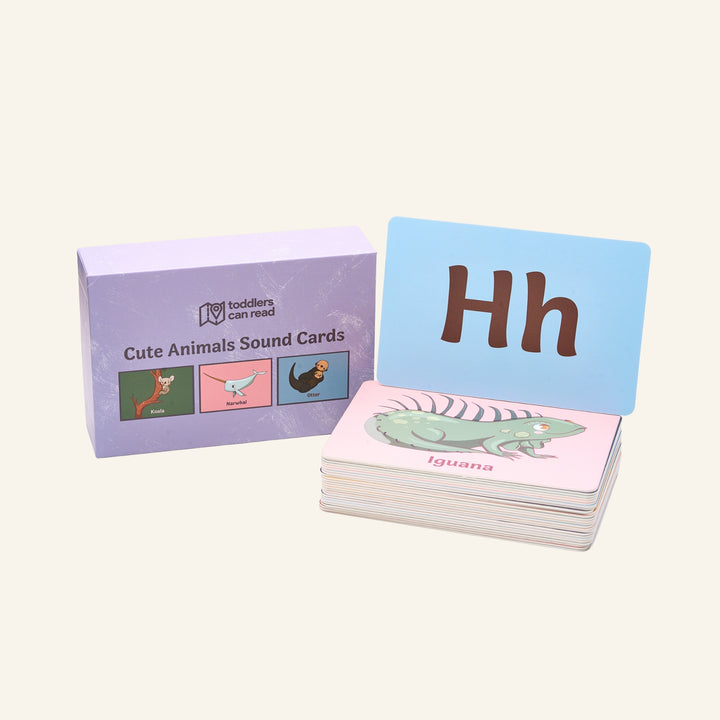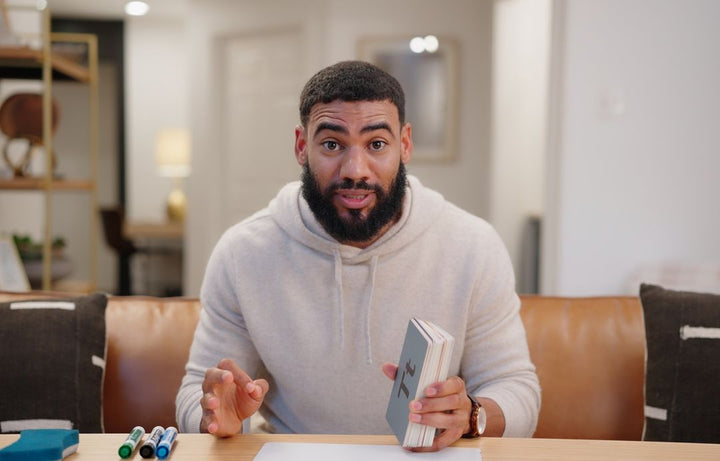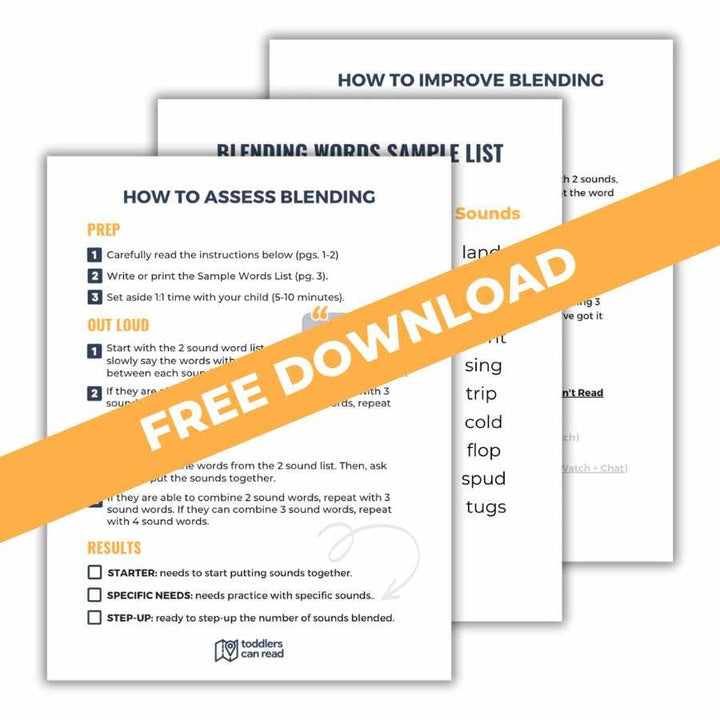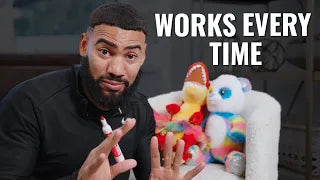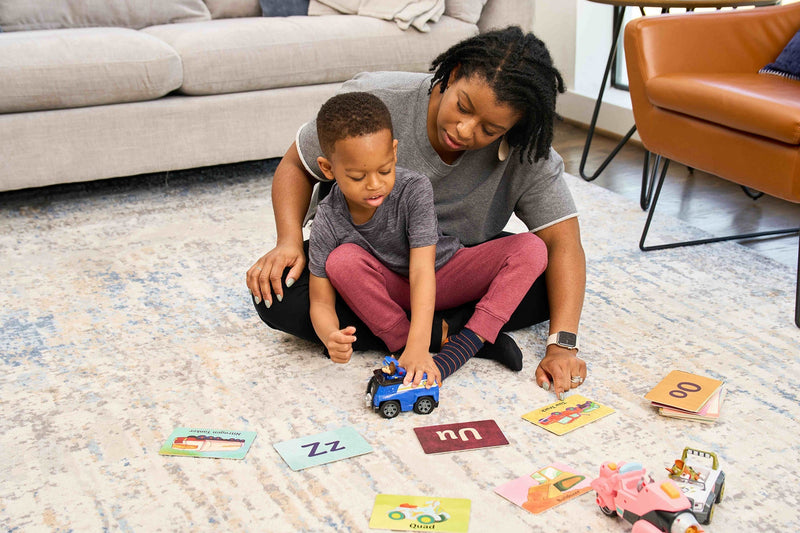One of the topics I get asked about the most (especially from parents of older readers) is how to improve their child's reading comprehension.
Unfortunately, there are many MYTHS about reading comprehension and lots of bad advice about what you should and shouldn't be doing with your little one. So, if you feel like you've done everything in your power to help your child but they still can't understand what they read: it's probably not your fault. You've probably just been focused on the wrong things.
So I'm going to explain what reading comprehension actually is and give you 4 strategies for how to improve your little one's comprehension. All of these strategies are backed by research and I promise you, if you follow these 4 tips, you will see your child's reading comprehension improve.
1. Reading Ability
People ask me all the time, "Spence, when are you going to talk more about reading comprehension? Why do you focus so much on teaching kids how to read books but not on how to understand what they've read?"
And the answer's simple: Helping our children become better readers is one of the best ways to ensure that they're able to understand what they've read.
Really, this is common sense. If a child spends almost all of their mental energy trying to literally read the words on a page, they're not going to have much mental energy left to understand or remember the words they've read.
We know this from research: When a child is a poor reader, their comprehension skills suffer. So if your child isn't able to answer any of your comprehension questions, the first thing you should ask yourself is whether or not they have the fundamental skills to be able to read that text independently in the first place.
2. Background Knowledge
If you want your little one to understand the books they're reading, they have to know about the world around them.
Think about it like this: If your child picks up a book about baseball but has never seen a baseball in their life or knows nothing about the sport, they're going to have a much harder time understanding the book.
And this goes for any topic: trucks, animals, space, careers, different places, you name it. If they don't have the schema (the background knowledge on a particular topic) to understand what's happening in the book, their comprehension of that text is going to be low.
Thankfully, we have opportunities to build background knowledge all the time. Children ask a million questions a day, so take the time to answer those questions and encourage them to ask even more. When they're watching TV or a movie, have a conversation with them about what they're seeing. When you pick books for them, pick books that will build their knowledge about things that are outside the walls of their home.
Remember: The more your child knows about the world around them, the stronger their reading comprehension will be!
3. Vocabulary
This one is pretty straightforward, but if we want our children to be strong readers, they have to have a strong vocabulary. You can know everything in the world about a topic, but if you don't understand the words the author is using, you're simply not going to understand what you're reading.
4. Text Complexity
This is the one most people don't think about. And it matters... a LOT. You see, some books are more complex than others, and our little one's reading comprehension is going to be impacted by how simple or complex of a text they're reading.
You could compare this to the difference in complexity of different kinds of movies. If you're watching a psychological thriller, a lot of times, the story won't go straight from beginning to end. Sometimes it'll start in the middle, jump to the beginning, and then back to the end. And it's up to you as the viewer to understand where in the story you are. That type of movie will be a lot more complex than, say, a documentary, where the timeline is very straightforward, and you don't have to think about it as much.
Your comprehension of the psychological thriller is probably going to be lower than your comprehension of the documentary.
And kids' books are like this, too. The text complexity will be different for every book. In some books, the author might say exactly how a character feels. In this case, it will be easier for your child to comprehend what's happening.
In other books, the author might imply the character's feelings using hints (e.g., saying the character's stomach is growling instead of saying the character is hungry). In this case, it will often be harder for your child to comprehend what's happening because the author isn't telling them explicitly.
The way we build their ability to comprehend more complex texts is by exposing them to books that increase in complexity over time. If all they ever read are BOB books, they're not going to be able to pick up (and understand) chapter books. But... if they gradually move from very basic texts to more and more complex texts, they're more likely to understand what they're reading when they get to challenging books.
What WON'T Help Kids' Reading Comprehension
I've just given you an overview of 4 things to focus on to improve your child's reading comprehension. And trust me: These strategies work. But you know what won't help their reading comprehension? Simply asking them more questions about the book, especially if they didn't understand it the first time.
There are a lot of people who'll say, "Oh, they didn't get it. Let's ask them some questions to build their comprehension!" They'll even make fancy charts like this one to tell you what kinds of questions to ask them:

And there's nothing wrong with asking questions like this. In fact, asking questions is great... as long as they have the skills to actually read the text. As long as they have the background knowledge to understand what they're reading about. As long as they have the vocabulary to comprehend what the author is saying, and have experience reading texts with a similar complexity.
If we want our children to be strong readers, asking them questions about what they're reading is never going to be enough. You can ask the most well-crafted questions about each and every part of the story, but if they 1) can't read it, 2) don't have any background knowledge on the topic, 3) don't understand the vocabulary words, and 4) aren't used to reading texts at that level of complexity... all those perfectly-worded questions will be a complete waste of time.
How I Can Support You
If all of this feels overwhelming, you are definitely not alone. I've supported thousands of families who are teaching their little ones to read, and I can support you, too.
And if your little one is struggling with reading comprehension, there's a good chance that their reading ability is holding them back from understanding those books. More specifically, for families of older readers, it's often some of the more advanced phonics sounds and spellings (e.g., sh, ea, ough) that are challenging for them. And if that describes your child, my Reading Rules course is for you. It includes:
- How to teach more advanced sounds
- How to choose the right books for your little one
- When and how to provide cues to prevent reading mistakes
- How to correct mistakes without discouraging your child
- Which "tricky" words to teach
And whether you buy my course or not, I hope this blog post was helpful and gave you the tools you need to start building your little one's reading comprehension. It might seem daunting, but I promise you that if you focus on these 4 things, you will see your child's comprehension skills skyrocket. You got this! 💪🏽

